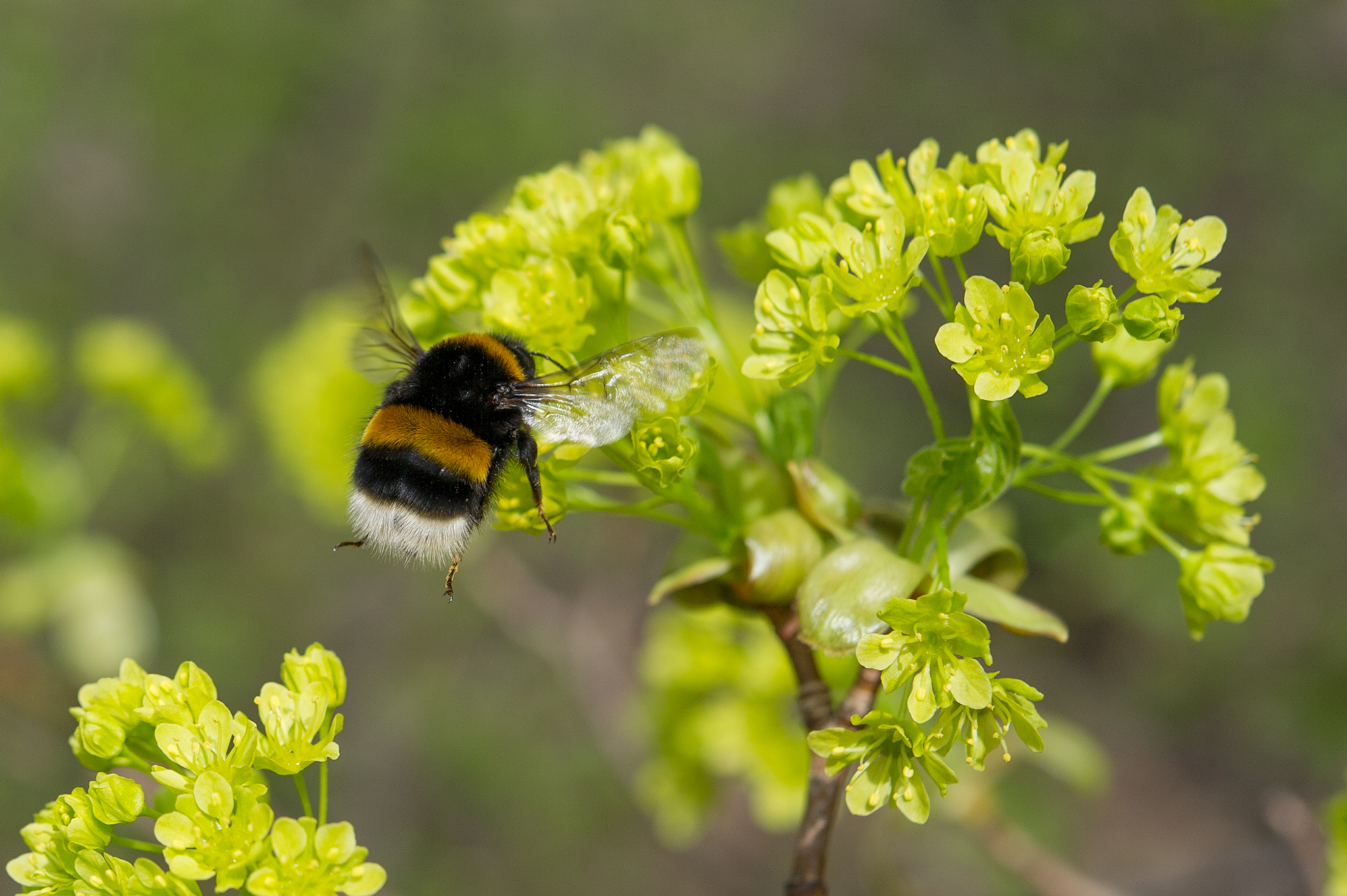Assessment
The state of knowledge about insect pollination in Norway

A group of experts from the Norwegian University of Life Sciences, Bioforsk and the Norwegian Institute for Nature Research was commissioned by the Norwegian Biodiversity Information Centre to prepare this report. The Norwegian Biodiversity Information Centre’s principal task is to disseminate up-to-date information on species and habitat types.
The state of knowledge about insect pollination in Norway assessment describes current knowledge about pollination in Norway and identifies important gaps in knowledge and priorities for acquiring information in the future. It was the first overview of knowledge about pollination ecology in Norway and was published in 2013. It was commissioned by the Norwegian Biodiversity Information Centre and prepared by experts from the Norwegian University of Life Sciences, Bioforsk and the Norwegian Institute for Nature Research. The aim was that the report could be valuable for management agencies, producers of knowledge and others involved in species management.